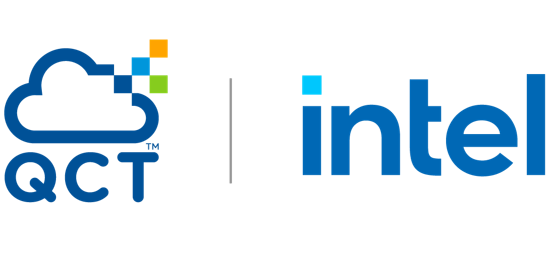While many customers will prefer professional integrators, some smaller groups will contend with computing components directly from the manufacturer. And while blades are rising in popularity, there are still plenty of independent 1U providers. Below follows an overview of the major 1U producers; note that this list does not cover motherboard-only suppliers.
Supermicro traditionally sells a variety of Intel-based systems, though they offer AMD solutions under their “A+” brand. One of the most impressive systems available supports four dual-core Opterons in a 1U. This monster also boasts up to 64 GB of memory and features either a PCI-Express or an HTX slot. The machine needs six fans and requires a kilowatt power supply. Another stand-out from Supermicro features two Itaniums with a more reasonable 500-watt power requirement.
Mercury Computer Systems sells machines with IBM processors. A recent addition to the family is a 1U (as well as a blade configuration) with two Cell processors. This machine features two PCI-Express slots and 1 GB of memory.
Tyan produces a number of AMD and Intel-based servers, though recently Tyan has been pushing its blade-based “Personal Supercomputer”. Appro offers a 1U with two dual-core Opterons, up to 64 GB of memory, and a PCI-Express slot; like Tyan, Appro is pushing its blade-based clusters.
iWill, an early supporter of the HTX slot, offers a 1U with two dual-core Opterons and 16 GB of memory. Micro-Star International (MSI) offers a variety of AMD and Intel-based systems.
In sum, there is quite a selection to picking 1U’s, in addition to concurrent blade offerings. Most systems tend to be based on Xeon or Opteron and feature PCI-Express. It is possible, however, to find configurations with a little investigation.



